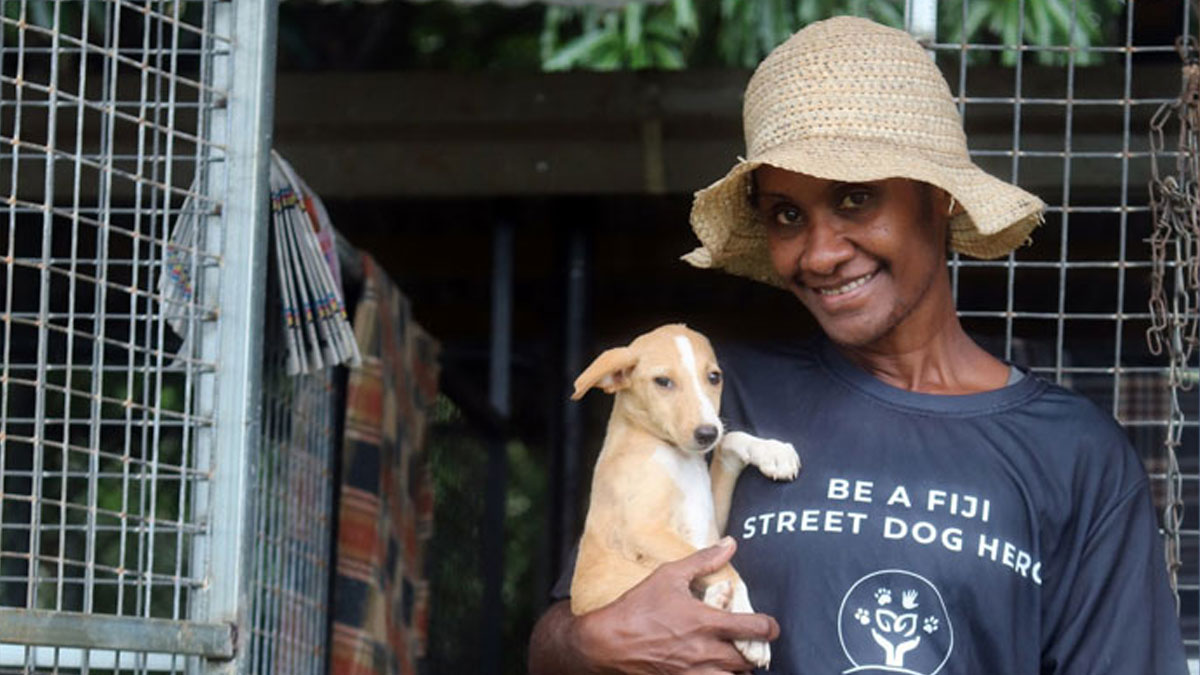
The Greater Good Foundation has raised concerns on the current approach by the Ministry of Agriculture where “Poison 1080” is being used to manage the increasing population of stray animals around the country.
Foundation Spokesperson, Mohammed Shaheez Khan says death by 1080 poisoning is cruel and inhumane and people have described the death of their dogs with the use of this poison as one of the most horrific experiences of their lives.
He says Fiji has an exploding street dog crisis that can only be solved with animal birth control.
He say people need access to basic veterinary services and funds should be used for proper sterilization programs.
Khan says the Agriculture Ministry only has one veterinarian in Fiji and currently offers very few sterilization services to the public.
He says for the past decade, only animal welfare NGOs have been providing sterilization services.
He adds there is barely any financial support from the government to animal welfare NGOs to conduct community-based sterilization programs.
The Foundation is calling on the current government to allocate funds for such programs if they ever want to solve this issue.
They also says the organization has donors that are willing to help people pay for sterilization and even help pay for transportation for those that cannot afford it.
They are asking the government to incorporate animal welfare education in the primary and secondary curriculum.
They are also requesting religious leaders to discuss love and peaceful co-existence with God’s creatures that we share this earth with.
Khan says dogs on the streets are homeless, their homelessness is a social problem and the people need to work together to help them.
He says death by poisoning is something most people would never wish upon their worst enemy and these substances cause intense and prolonged suffering.
The Co-founder and Managing Trustee of Animals Fiji Casey Quimbly says Animals Fiji does not agree with poisoning, but acknowledges that Agriculture Ministry is currently following their protocol and being transparent in working with Animals Fiji and SPCA Fiji to notify them so they can ensure the public is aware before it is carried out.
The Co-founder also says it is not the animal’s fault but human behaviour that has maintained a steady stream of homeless and roaming dogs in many of Fiji’s Towns and Cities.
Quimbly says they are working to develop and secure funding for long-term strategies for dog and cat population control, which is focused on low-cost de-sexing.
She says Animals Fiji, SPCA Fiji, and the Agriculture Ministry have met numerous times regarding dog overpopulation, especially since COVID-19.
In January they met with Assistant Minister Tomasi Tunabuna and other stakeholders to discuss the matter. The Co-founder says they are working along with other rescue groups to develop long-term solutions for the roaming dog population in Fiji.
Questions sent to the Ministry of Agriculture regarding this matter are yet to be answered.
Poison 1080 is a highly toxic poison that is often used to control feral animals.
In Fiji, the use of 1080 poisoning and baiting dogs is strictly regulated under the Dogs Act (1971) and can only be carried out by an authorised person with the approval of the Ministry of Agriculture
1080 is lethal because it's a colourless-to-white, odourless, water-soluble powder deadly poison, a Class 1 pesticide, an Extremely Hazardous toxin classified by the World Health Organization, can persist in the environment for up to a year, and has no antidote, banned in most countries.
The symptoms of 1080 poisoning include uncontrollable vomiting, defecating, urinating, frenzied running, barking, “screaming”, convulsions, confusion, fear, coma, and finally death.
Stay tuned for the latest news on our radio stations

